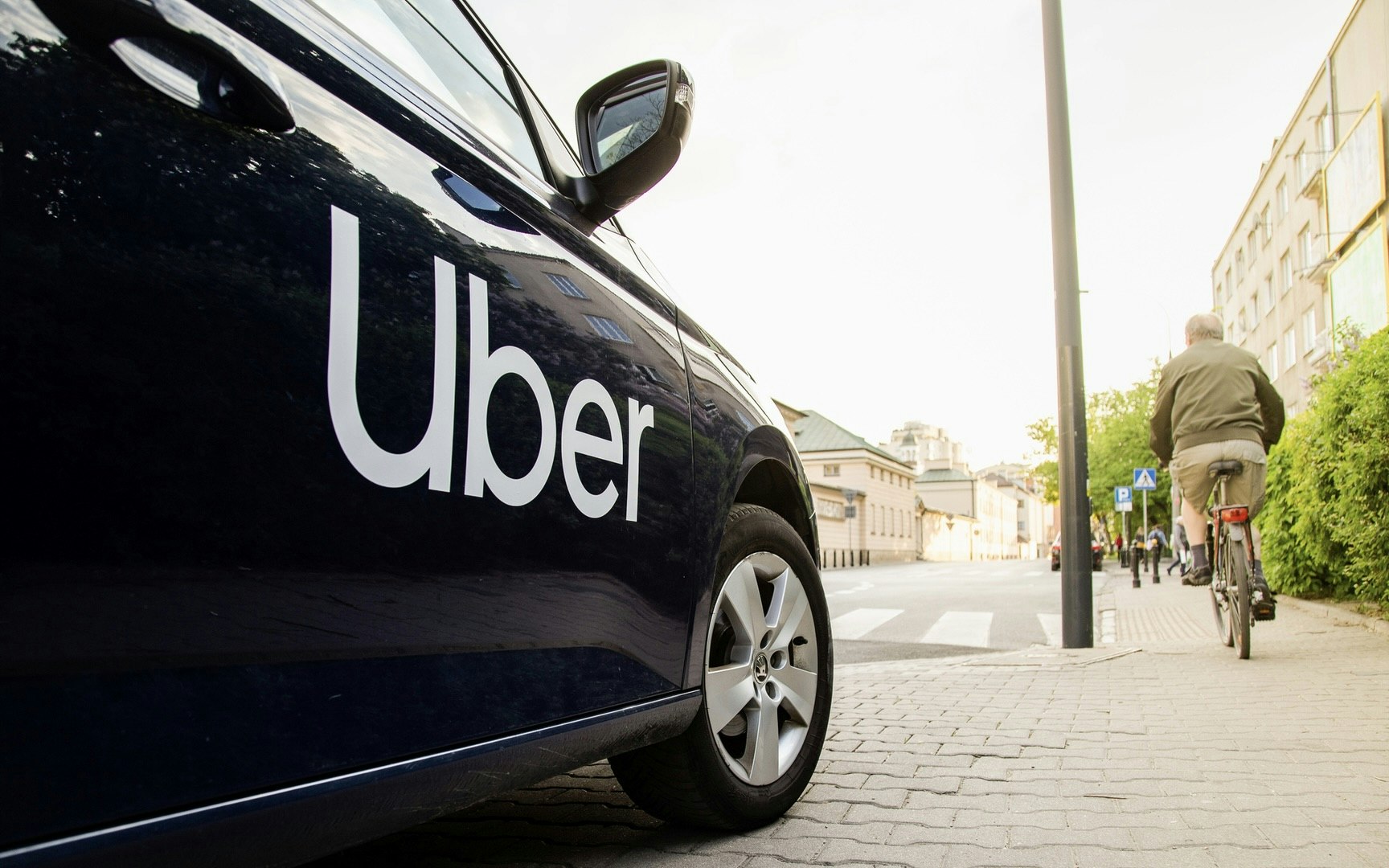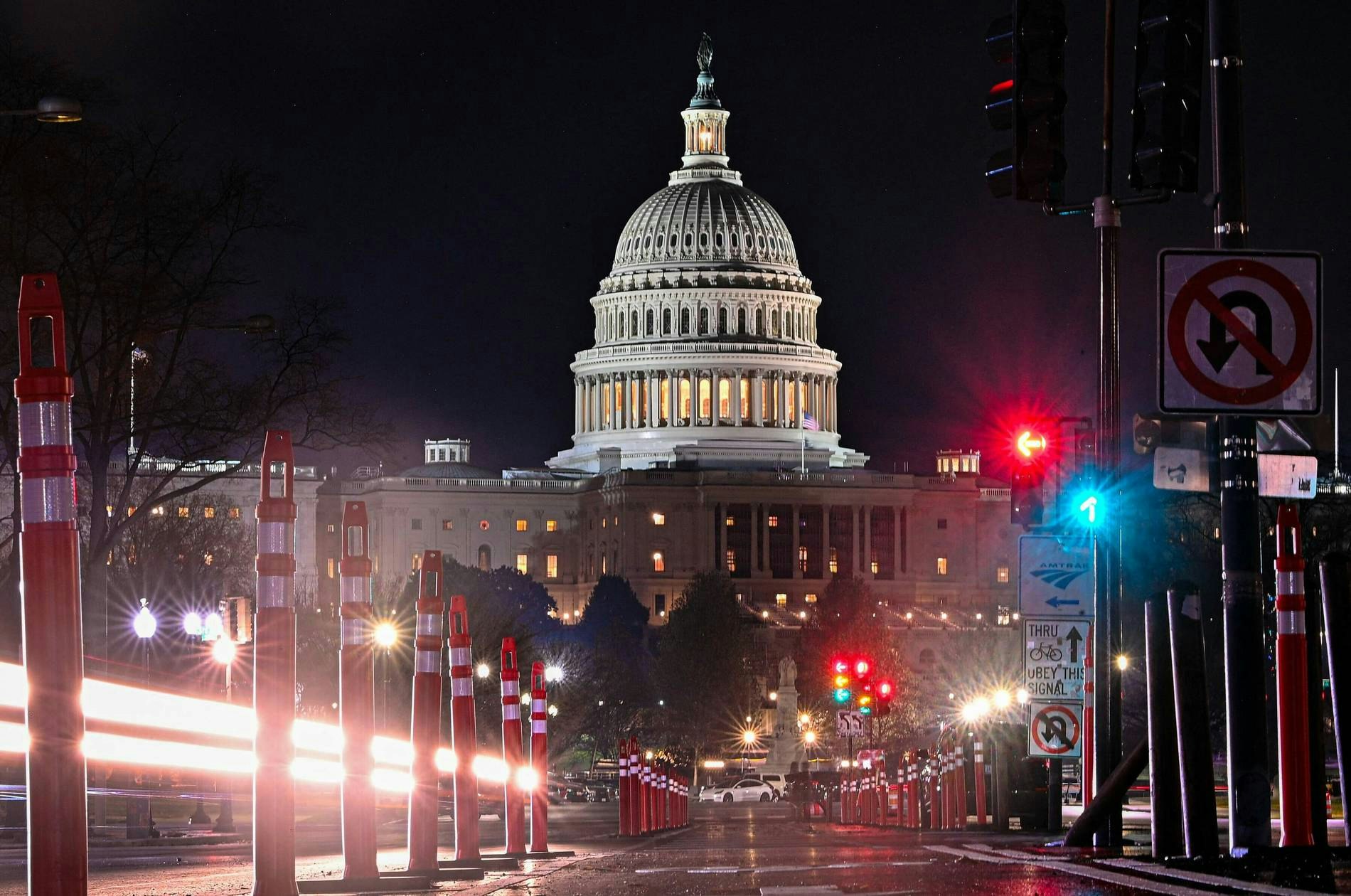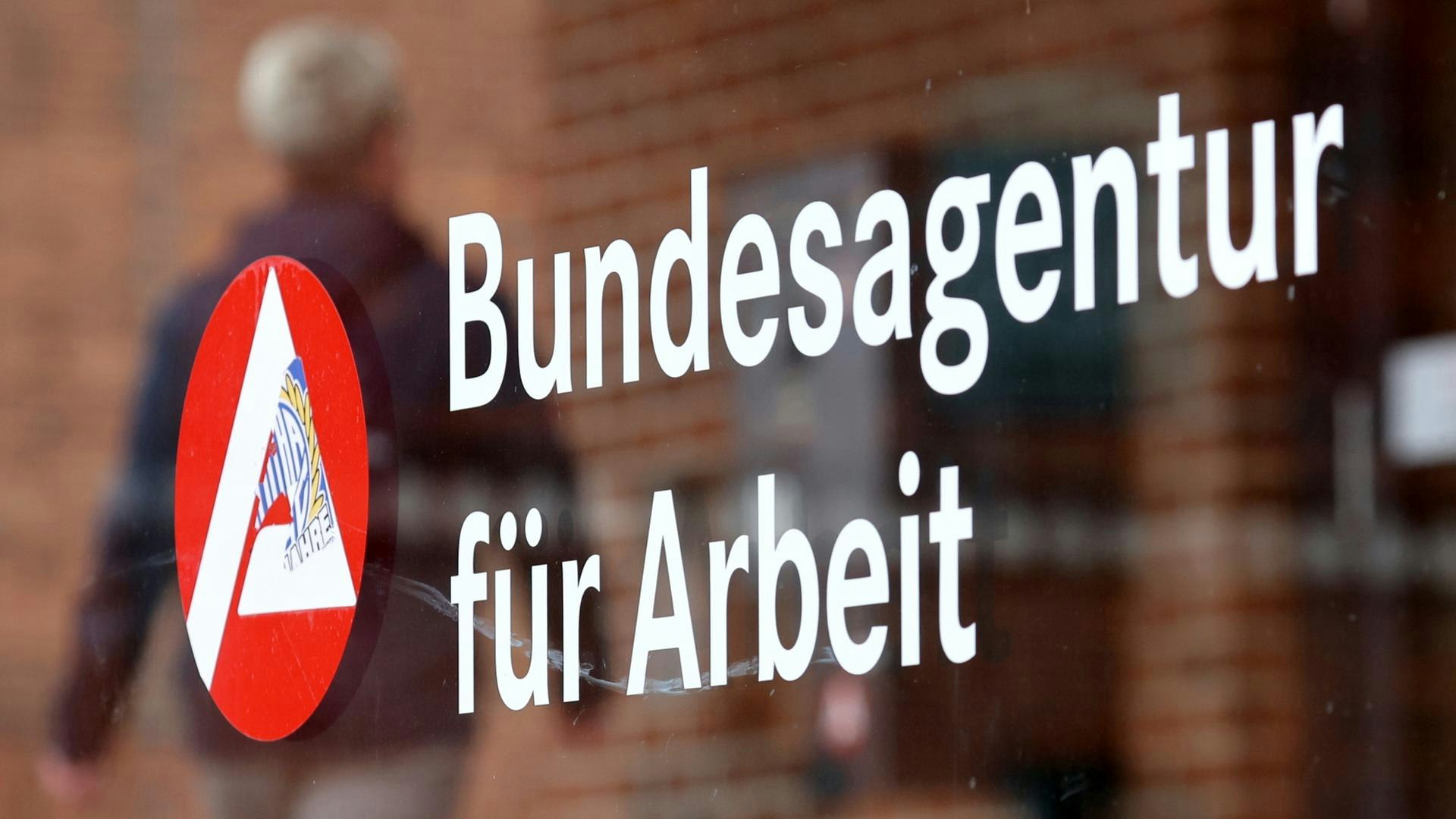Uber faces challenges: The company reports weaker booking growth, rising insurance costs, and is confronted with a new alliance between DoorDash and Lyft.
In recent weeks, Uber has experienced a turbulent phase. After Tesla's highly anticipated "Robotaxi Day" on October 10th failed to meet expectations, Uber could initially breathe a sigh of relief. Shares jumped by almost 11 percent as concerns about Tesla's entry into the self-driving taxi market eased.
But only two weeks later, Elon Musk revived these fears by announcing that Tesla plans to launch a ride service in California and Texas next year. Additionally, the Financial Times reported in mid-October that Uber is considering acquiring Expedia, an online travel marketplace valued at nearly $20 billion.
Simultaneously, Uber released its quarterly report, which predicted disappointing growth in gross bookings and a further slowdown in the fourth quarter. The night before, DoorDash had announced it would include Lyft's services in its DashPass membership program—a collaboration between Uber's two biggest competitors in the US market.
As a result of these developments, Uber's stock lost around 15 percent from its peak after the Tesla event. The latest quarterly report caused the biggest price drop in two years. This brings the stock price back to the level of a month ago and aligns with the performance of the S&P 500, just behind the Nasdaq Composite for this year. In comparison, delivery services like DoorDash and Instacart have performed significantly better.
Despite these challenges, Wall Street remains optimistic: According to FactSet, 85 percent of analysts rate Uber stock as a "buy." CEO Dara Khosrowshahi stated that rising insurance costs have led to higher fares, triggering a typical price elasticity among customers—they ride less when prices increase.
The partnership between DoorDash and Lyft could make the DashPass program more competitive against Uber One. However, analysts are divided on the impact. Nikhil Devnani from Bernstein sees the deal as negative for Uber, as it intensifies competition. Shweta Khajuria from Wolfe Research, on the other hand, does not believe there will be significant impacts on Uber.
The potential risk from Tesla's planned robotaxi fleet remains limited for now, as the actual capabilities of the electric car manufacturer in this area are still unclear. Meanwhile, Uber's new partner Waymo, a subsidiary of Alphabet, is gaining ground. According to a report by Evercore ISI, Waymo has been able to improve wait times in San Francisco, thereby closing the gap with Uber and Lyft. Next year, Uber and Waymo plan to launch their first joint service in Atlanta and Austin, Texas.
Analyst Mark Mahaney from Evercore expressed confidence: "We continue to believe in multiple winners in the field of autonomous vehicles—including Waymo and Uber—with Uber serving as the leading demand aggregator for autonomous vehicles." Currently, Uber stock is trading at less than 33 times the expected earnings, a historically low value and only a fraction of what Tesla commands.







